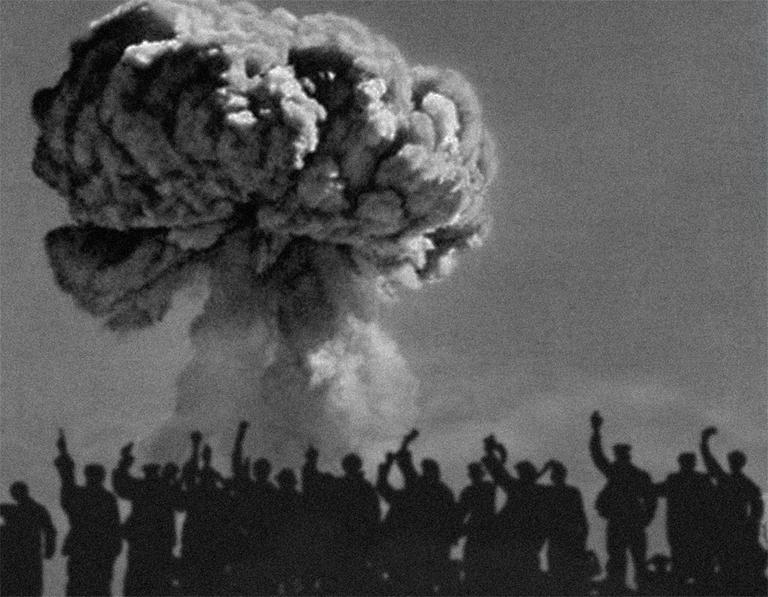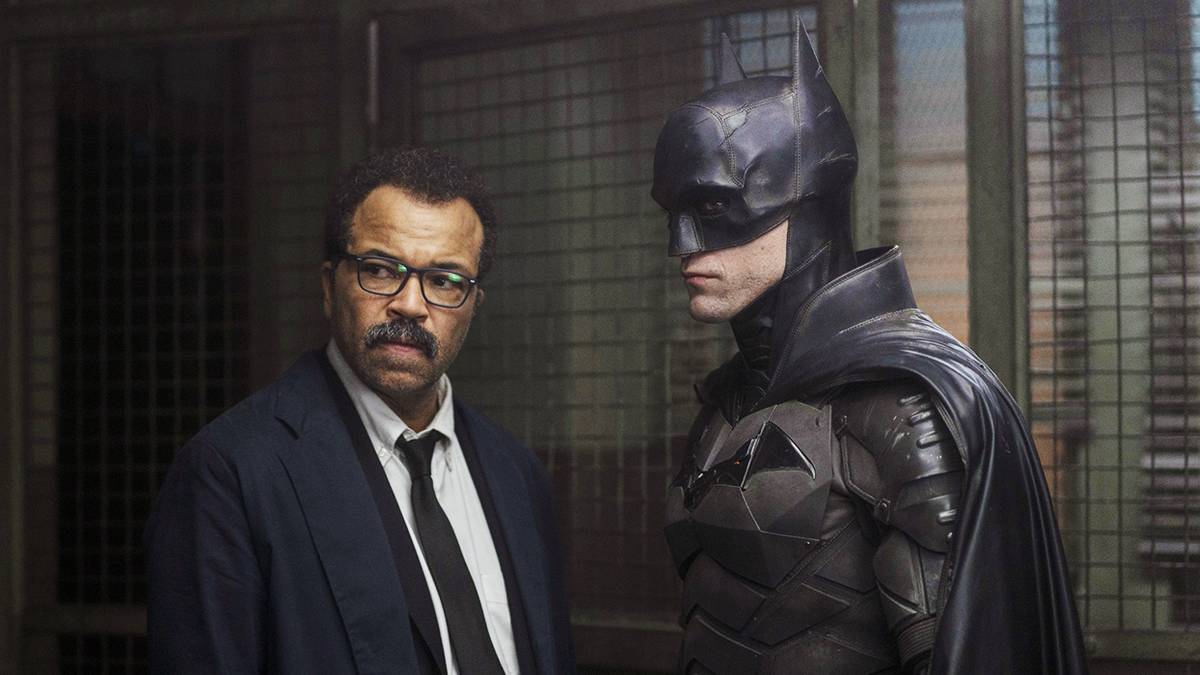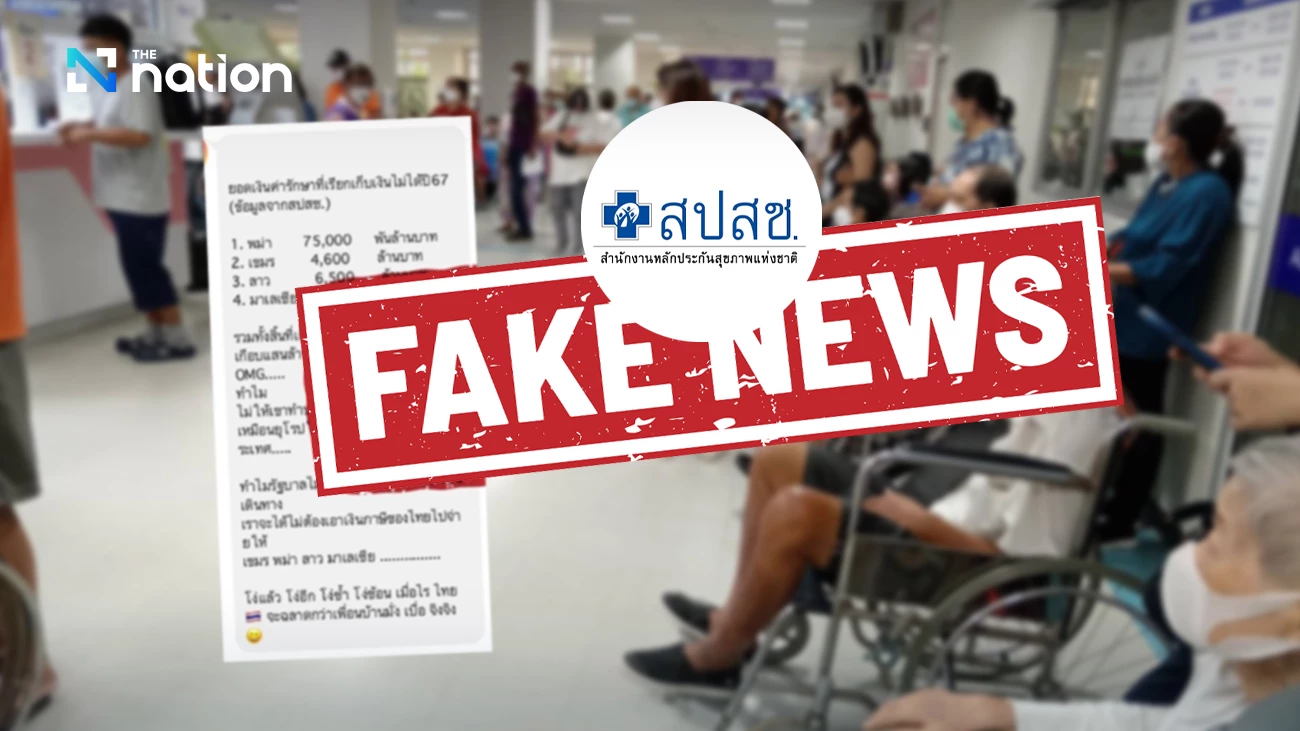Escalating Tensions Ignite Thai-Cambodian Border Dispute: Diplomacy Fails, War Propaganda Claims Surface

The Thai-Cambodian border conflict has recently escalated, marked by a complex interplay of diplomatic efforts, mutual accusations, and a significant spread of disinformation. Thailand's Ministry of Foreign Affairs has firmly rejected claims circulating on social media, reportedly initiated by Cambodia’s Minister of Information citing foreign intelligence, that Thailand plans to assassinate Cambodian leaders Hun Sen and Hun Manet. These allegations were deemed “entirely unfounded” and clearly intended to defame Thailand, especially as both nations are engaged in General Border Committee (GBC) discussions. Thailand condemned this as a harmful attempt to derail diplomatic efforts, with Nikorndej Balankura, Director-General of the Department of Information, stating that spreading false news during GBC discussions undermines the spirit of dialogue.
Conversely, Thailand has accused Cambodia of a sustained disinformation campaign that actively undermines the peace process. Nikorndej Balankura refuted claims made by Cambodia’s Foreign Ministry and state-controlled media regarding their commitment to a bilateral ceasefire, describing it as “merely for public relations” and stating their actions “are the opposite of what they claim.” Thailand presented a four-point list of alleged ceasefire violations by Cambodia, including laying new landmines, using drones for harassment, inciting their own citizens to protest at the border, and deploying powerful improvised explosive devices (IEDs) on the Thai side of the frontier.
A critical point of contention revolves around the Ban Nong Chan village in Sa Kaeo province. Thailand asserts that Cambodians betrayed Thai hospitality and humanitarian aid by establishing and expanding a community on Thai soil in this area. Initially, Ban Nong Chan served as a temporary shelter for hundreds of thousands of Cambodians fleeing civil war in 1977. However, Thailand alleges Cambodia later exploited this humanitarian gesture to encroach on Thai land, with refugees refusing to return home and instead expanding their community on Thai soil. Over the years, descendants of these refugees have reportedly built nearly 200 new homes, claiming the area as Cambodian sovereign land, while the Cambodian government continues to reject Thailand’s border demarcation claims. In response, Thailand erected razor wire fences to protect its territory from further encroachment and from attacks by Cambodian troops who had laid landmines, insisting these structures are entirely within Thai boundaries and did not violate the GBC agreement of August 7.
In an effort to monitor the situation and promote transparency, several international bodies and government representatives have become involved. The Royal Thai Army is leading an ASEAN Interim Observation Team (IOT) to visit the Thai-Cambodian border to assess alleged breaches of international law and ceasefire conditions by Cambodian troops. Prior to this, ASEAN envoys and representatives from countries that ratified the Ottawa Convention—which bans the use of anti-personnel mines—visited Si Sa Ket province. During their visit, envoys witnessed evidence of anti-personnel mines allegedly laid by Cambodian troops and spoke directly with affected residents. Additionally, representatives from the International Committee of the Red Cross (ICRC) assessed the humanitarian impact of cross-border attacks on civilians in Surin, Si Sa Ket, and Ubon Ratchathani provinces. The ICRC gathered facts, interviewed affected civilians, and will compile a confidential report for both Thailand and Cambodia, underscoring Thailand’s commitment to strengthening humanitarian protection mechanisms. Furthermore, a delegation of four US lawmakers visited Thailand to follow regional developments, discussing security and economic issues and observing the Thai-Cambodian border conflict zone in Ubon Ratchathani. Acting Prime Minister Phumtham Wechayachai confirmed he raised the issue of Cambodian mine-laying activities with the US delegation, emphasizing the need for peaceful solutions and the importance of truth over propaganda.
The proliferation of false information has been a significant challenge, with the Ministry of Digital Economy and Society (DES) reporting that eight out of the top ten fake news items last week were related to the Thai-Cambodian border conflict, with the top three exclusively focusing on it. Acting Prime Minister Phumtham emphasized the need to “fight with truth, not through information warfare,” highlighting that only truth can resolve the issue, especially as misunderstandings and occasional clashes continue despite ongoing dialogue.
Regarding potential legal recourse, the National Security Council (NSC) resolved to file both criminal and civil lawsuits against Cambodian Prime Minister Hun Manet and his father, Hun Sen, in Thai courts. These lawsuits would be for causing deaths and injuries to Thais, as well as damaging assets, by allegedly ordering Cambodian troops to fire at Thai civilians. Acting Prime Minister Phumtham also stated that academics may submit a proposal for the Thai government to consider suing Hun Manet and Hun Sen in the International Criminal Court (ICC) as war criminals. Despite ongoing provocations, both sides are expected to resume further talks on September 10, with Thailand stressing the need for peaceful solutions that prioritize the lives of people affected by the violence and reject propaganda that stirs hatred.
You may also like...
The Hidden Hierarchy of Wedding Guests

Not all wedding guests are created equal. From the VIPs in front-row lace to the silent seat-fillers in borrowed suits, ...
The Racial Divide: Africans Abroad and the Illusion of Greener Pastures

Africans abroad face systemic racism, limited mobility, and harsh immigration policies while Westerners move freely acr...
When the Moon Was a Calendar: Africa’s Forgotten Timekeepers

Africa’s first calendars weren’t written on paper, they were carved into the sky. From the Yoruba moon cycles to the Dog...
Modern Lifestyles and Dietary Habits: The Silent Threat to Africa's Life Expectancy

Read about how urbanization, processed foods, and changing health behaviors are contributing to declining life expectanc...
China’s First Atomic Bomb: Power, Pride, and Lessons for the World

On October 16, 1964, China detonated its first atomic bomb. Read about the historical significance, lessons for Africa,...
Shattered Debut: Durant Takes Blame for Crushing 2OT Rockets Loss

Kevin Durant's Houston Rockets debut resulted in a narrow double-overtime loss to the Oklahoma City Thunder, with Durant...
Fan Theory Demands Terrifying New Villain for 'The Batman 2' Debut

DC fans eagerly await "The Batman" sequel, with discussions focusing on the Court of Owls as a perfect narrative fit. Th...
James Bond Franchise Set for Thrilling Future Under Denis Villeneuve's Vision

The James Bond franchise is reportedly returning to its core strategy of casting unknown, British actors for its next re...
